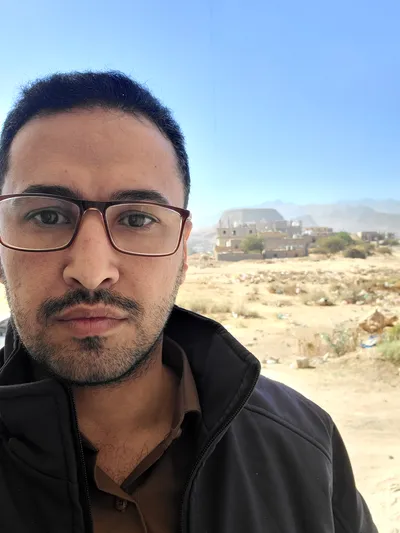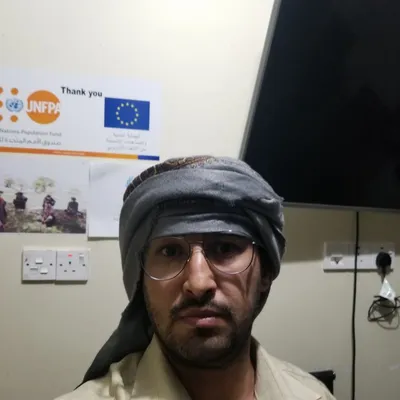



It took a few years of war, and for the government to stop paying public employees, before I realised that life and work were not going to return to normal. I decided to work on developing new skills in languages, communication, and negotiation. For two years, I worked from 10 at night until 7 in the morning, to cover the costs. I studied during the day.
When I finished, I couldn’t find a job. I worked for a time as an English teacher, but it didn't feel like the right place for me. So I went on to study accounting, again working at the same time, always trying to support my family. But I still couldn’t find a job.
Despair was beginning to knock me down. I considered going to the frontlines of the war to fight. I didn’t really want to fight, but I did want to die. I felt like I was a burden to my family. I figured that if I were killed, other people would step in and help my family get by.
One day my phone rang. The caller said that I had an interview. I got dressed quickly, and looked at myself in the mirror. “Is this finally the job?” I wondered.
I waited for weeks, everyday wishing that it would all end. I carried so much anxiety, stress, and fear that I had missed my once chance. Finally, there was an offer and a contract: A job in the humanitarian field, trying to ease the burden of the war on other people. I felt hard work and fate had done their jobs. I am now in a place where I can help others.